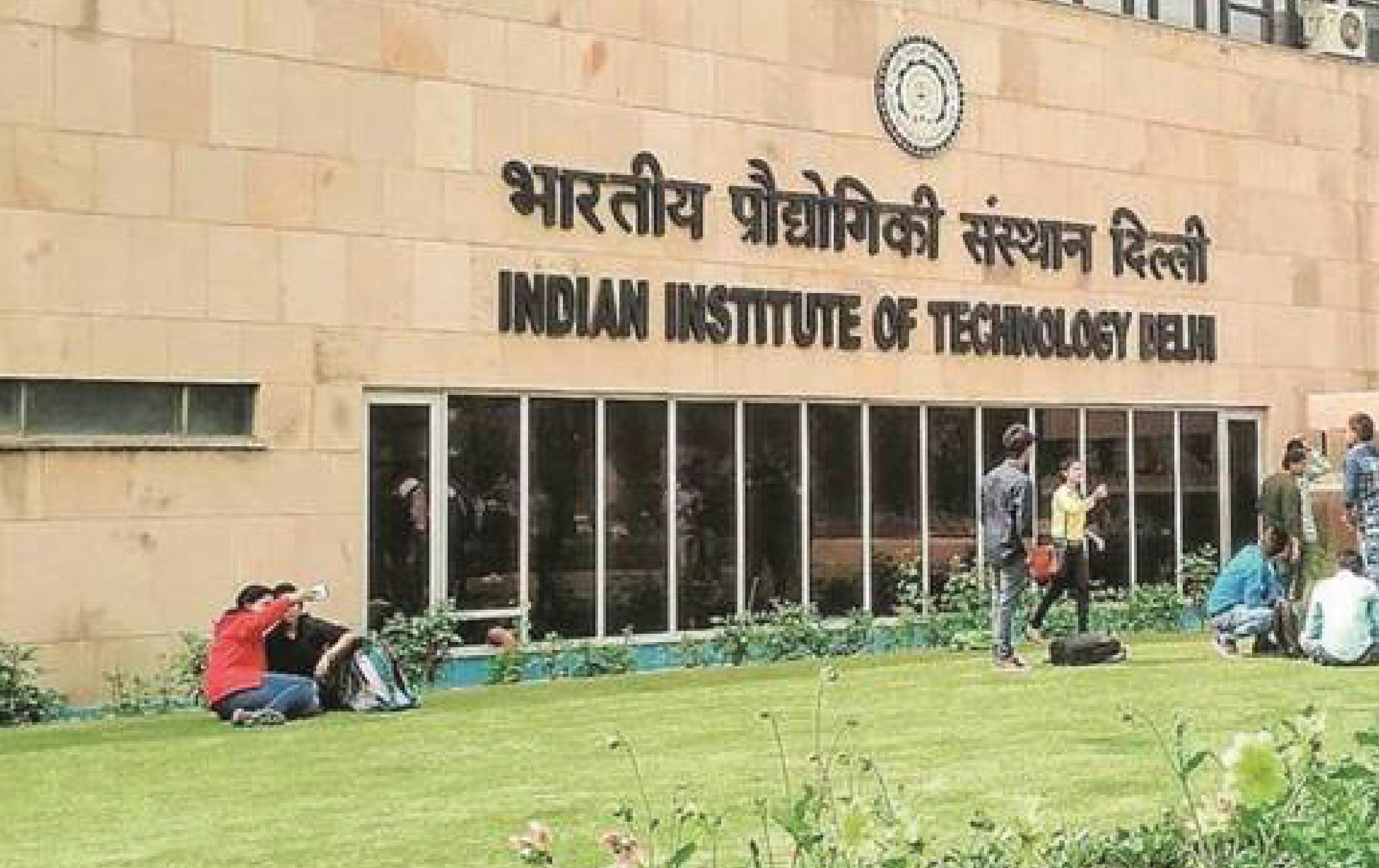Three years after the Indian Institutes of Technology (IITs) boycotted the Times Higher Education (THE) World University Rankings over issues of “transparency”, the ranking agency, in a bid to bring them back on board, approached the premier institutions last month to inform them of specific changes in performance parameters this year, which it believes will address their concerns.
According to sources, representatives from THE recently made a presentation to IIT-Delhi, IIT-Bombay, and IIT-Madras on March 7, and listed modifications to the ranking criteria, including changes to the citation metric, which IITs had previously criticised.
The rankings are annually published by the UK-based Times Higher Education magazine.
The citation metric, which measures the average number of times a university’s published work is cited by scholars globally, carried a weightage of 30% earlier. It has now been reduced to 15%, The Indian Express has learnt.
One reason the IITs had raised concerns over the citation metric was the issue of collaborative research projects. They had alleged that participating institutions use collaborative research projects to bump up their score on the citation metric. Such research papers have high citations due to multiple authors associated with them, so an institution that is part of such a project has a disproportionate advantage over others because one paper is cited multiple times globally.
This can lead to an unfair representation of the institution’s research output and impact and may not accurately reflect its actual performance, the IITs had told THE.
The seven old IITs in Mumbai, Delhi, Bombay, Madras, Kanpur, Roorkee and Kharagpur had boycotted THE rankings first in 2020, citing concerns over transparency after none of them found a place among the world’s best 300 universities the year before. In 2019, a relatively newer IIT surprisingly beat its older and established counterparts in the rankings, scoring high on the citation metric on account of being part of an international collaborative research project.
Besides reducing weightage of the “influential” citation metric to half, THE has added three new indicators that collectively account for 15%: typical research strength (5%), excellence in research (5%) and the network effect of citations (5%). These parameters collectively make up for the reduction in the citation metric.
These changes will address IITs’ concern over “high ranking positions for very small, relatively unknown Indian Institutions, with high volatility of positions from one year to the next for some institution”, THE argued in its presentation to IITs last month.
The Indian Express contacted directors of the three IITs who attended the meeting. IIT-Bombay director Subhasis Chaudhari and IIT-Delhi Rangan Banerjee said they had not yet decided whether to resume participation in the rankings, and that heads of the seven older IITs will have to decide collectively since the boycott was also done together in 2020.
IIT-Madras director V Kamakoti did not respond to requests for comment.
Confirming that THE shared “methodological refinements directly with the IITs at a meeting convened especially for them”, Phil Baty, THE’s chief global affairs officer, told The Indian Express, “These seven IITs represent an extremely rare and tiny group of institutions choosing not to volunteer to take part in…(the) world ranking. We have fully respected their decision to exclude themselves from the global rankings.”
Courtesy : The Indian Express








